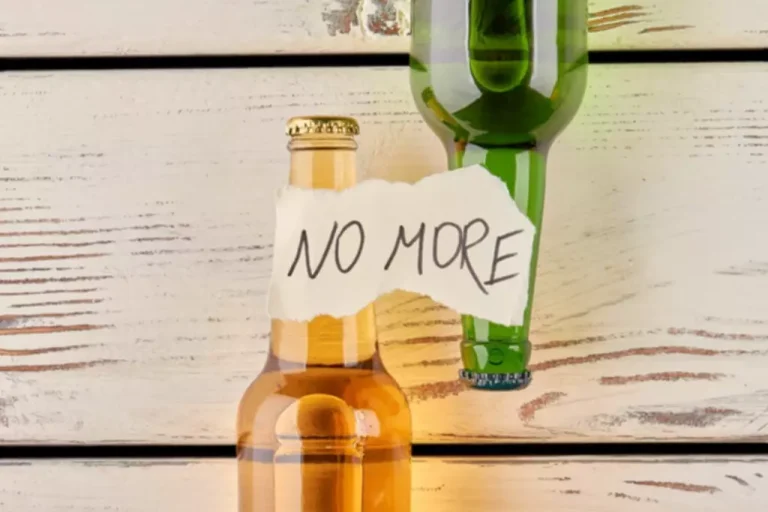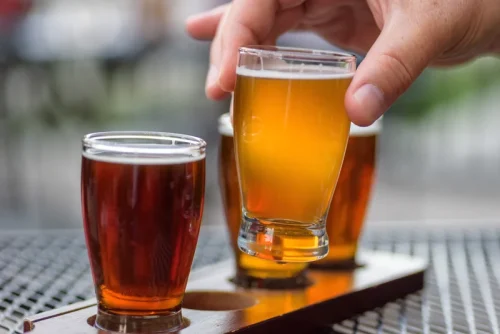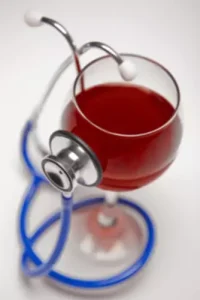
Clotting factors are also released from platelets that help form a mesh to form the plug to close the wound. The effects of aspirin are increased by alcohol, making it more likely for the effects to reach a toxic level. Aspirin can also increase the risk of internal bleeding when taken with alcohol.
Does Alcohol Thin Your Blood? Know The Risks

They will consider the state of your health and the medications you take. They may be able to advise you on how often and how much alcohol you can consume safely. When it comes to the health of your blood vessels, have a conversation with your doctor. If you are concerned about enjoying a glass of wine after taking Aspirin, continue reading to learn about the risks and safety considerations of mixing alcohol and blood thinners. Blood clotting is essential to prevent blood loss when someone is injured or wounded.
Resveratrol in red wine
According to research, moderate consumption of alcohol has been found to cause a small increase in your HDL (good) cholesterol. There are a number of factors that determine how dangerous alcohol consumption is while taking blood thinners. Vitamin K helps make 4 of the 13 proteins needed for blood clotting, particularly prothrombin, which is converted to thrombin during the clotting process. Before we dive into how alcohol thins your blood, it’s important to note what is considered moderate and heavy drinking. Managing high blood pressure doesn’t mean you have to spend your money on expensive supplements and herbal teas. In fact, specific herbal teas, like ginseng, ginkgo biloba, licorice, St. John’s Wort and yohimbe herbal teas may actually make hypertension worse.

Your addiction does not have to define who you are.
Some people with certain medical conditions, such as congenital heart defects, need blood-thinning medications to reduce their risk of heart attack or stroke. But you may be able to prevent blood clots in the first place by eating a healthy diet including foods with vitamin K. Get individualized medical advice from your healthcare provider when deciding whether or not to wine and blood thinners drink on medications like blood thinners. They will likely tell you that saying no to alcohol altogether is best. Heavy alcohol use is more likely to increase your bleeding risk than a glass of wine here and there, but there really is no defined safe amount of alcohol when you’re on blood thinners. You really shouldn’t be drinking alcohol while taking blood thinners.
More research is needed to confirm the effects of feverfew on blood clotting. “Most doctors are hesitant to put otherwise healthy patients on blood pressure medication, and most patients would prefer to avoid them as well,” she says. “So, if patients can change things naturally, that’s usually the first line of defense.” Unmanaged high blood pressure can put pressure on arterial walls that can damage blood vessels and organs.

Blood Thinners and Alcohol: Interactions, Risks, and Side Effects
The distinction of red vs. white is based on the color and composition of the clots, but all clots contain varying amounts of platelets, fibrin, and red blood cells. Blood clotting is an extremely important function of the body that prevents bleeding. Without blood clotting, a small cut would cause serious, prolonged bleeding. The presence of blood thinners in your system can increase your chance of internal bleeding after an injury.
Moderate Alcohol Consumption and Heart Health
- Ask them about other steps you should take to stay safe while you’re on this medication.
- This can lead to complications like heart attack, aneurism and dementia.
- This can lead to a dangerous buildup of the drug in your body.
- Don’t start any new medicines or supplements without talking to your doctor first.
Ginger also contains salicylates, the same substances that give aspirin its blood-thinning properties. Playing risky sports, such as hockey, soccer, football, skiing, gymnastics, or ice skating. These activities increase your chance of getting an injury that causes you to bleed. Atrial fibrillation is one of the most common heart rhythm problems.

Mixing alcohol and blood thinners can also cause serious problems. The Mayo Clinic notes that interactions with food, alcohol and other medications are particularly common if you take warfarin (Coumadin). But you should talk to your doctor about appropriate alcohol intake if you’re on any sort of blood thinner — or any sort of medication at all, because alcohol can produce some unexpected interactions.
- Despite their name, blood thinners (also called anticoagulants) don’t actually thin your blood.
- For some people, the effects of alcohol on the blood clotting process may be more pronounced and may last longer than others.
- Binge and heavy drinking may cause a stroke or sudden cardiac death as well.
- When alcohol is included in the mix, it can alter how thin your blood is and also change how active the medication is.
- Peanuts, blueberries and cranberries also have some resveratrol.
It’s generally safe to take acetaminophen while you’re on a blood thinner, but make sure you follow the directions. Acetaminophen can cause liver damage if you take more than the recommended dose. Interestingly, when the researchers removed about 80 percent of the polyphenols that make red wine so good for your heart, iron absorption almost doubled. The first is that if you’re anemic, the very best wine for iron deficiency might be white wine.
